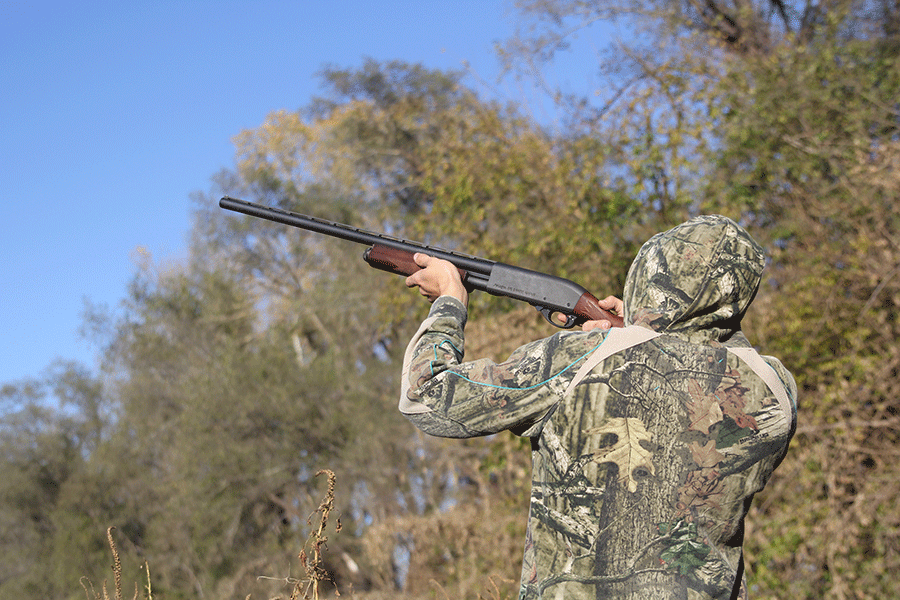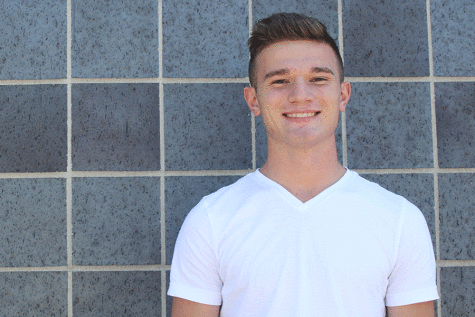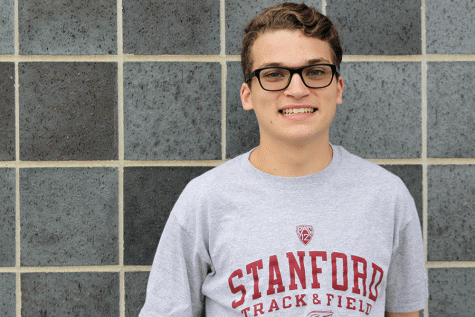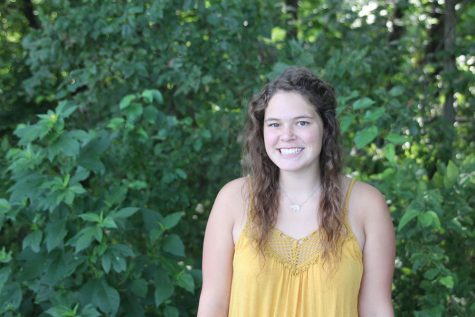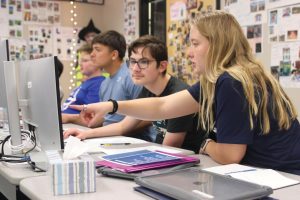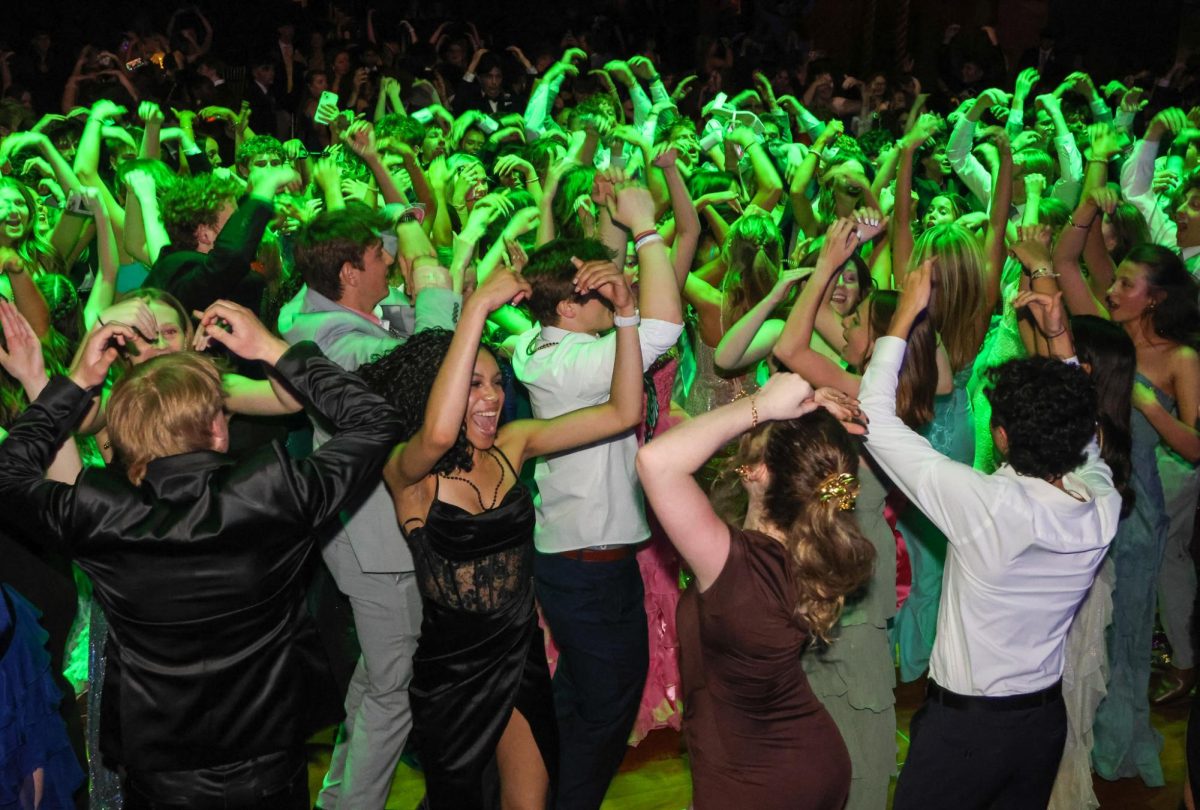Students bond with friends and family through hunting outdoors
Hunting is an important part of students’ personal lives
November 17, 2015
Waking up before the sun rises, senior Olivia Barber gathers her gear and prepares for a day of hunting.
Barber picked up the sport early in life through shared experiences with her father, who looked after her while her mom worked.
“[My dad] took care of us; he was the ‘stay-at-home mom.’ He went hunting with us,” Barber said. “It’s a way that my dad and I bond; it’s a family thing.”
Hunting is a way of life, according to junior Jackson Flack, who was also born into hunting.
“Hunting is a big deal in my family because my grandpa and great uncle took my dad and my uncles which has now been passed down to [me],” Flack said. “Hopefully that will continue through generations of Flacks.”
Family also ties junior Jake Atkins to the sport, just like Barber and Flack.
“My grandma on my dad’s side is a big game hunter in Africa. My grandpa’s a huge hunter too,” Atkins said. “Ever since I’ve been able to, I’ve gone on deer hunts, pheasant hunts, duck hunts. I was raised into it, so it wasn’t hard for me to pick up.”
According to Atkins, hunting isn’t just about waking up early and shooting game — it’s about bonding with family and friends.
“It’s pretty fun hanging out with your friends. But hunting is a completely different experience,” Atkins said. “It’s fun, but at the same time it’s rewarding when you have a group of guys you’re close to …”
Despite the sport being predominantly male, Barber still partakes due to the options made available to women.
“There’s a lot more programs for women to get into. You can get more free stuff and have more opportunities. They have female hunts throughout the year where only property for females are,” Barber said. “I feel like they try to have more opportunity for females because it is a smaller market.”
Hunting requires specific equipment, along with the proper licensing needed before one even thinks about picking up a gun to hunt.
“You have to factor in gas, shells and little stuff like that. But at the beginning of each season you need a hunting license for what you’re hunting. If you’re hunting deer, you’ll need deer tags. If you’re hunting ducks, you need a duck stamp and a couple of licenses,” Atkins said. “Other than that, you just need more equipment, which is what you have to pay for.”
After purchasing all of the licensing and equipment necessary, Barber goes out to hunt the game she purchased tags for.
“I like birds where you get to move around [to shoot],” Barber said. “With deer, I’ll [almost] fall asleep in the stand. I don’t like sitting for very long, and it’s cold. You can’t move and it’s freezing. With doves you walk around forever, and with pheasants you might walk for miles.”
After targeting her game, Barber said there is always a thrill when making a kill, even if you’re a capable hunter.
“If or when you finally see your deer, turkey, etc. you immediately get all of this adrenaline no matter how experienced you are,” Barber said. “You line up your sights and take your shot.”
After making the kill, Barber has to then clean the animals.
“You have to clean your game pretty quickly if you want to save the meat,” Barber said. “Or you can freeze the whole thing if you want to make it into a tropy.
Over the years, Atkins has gained an appreciation for hunting game and the as well as environment as a whole.
“A lot of people think that you just go out and kill birds. Really, it’s about being outdoors in the environment that you’re in,” Atkins said. “It’s not just about killing stuff.”



